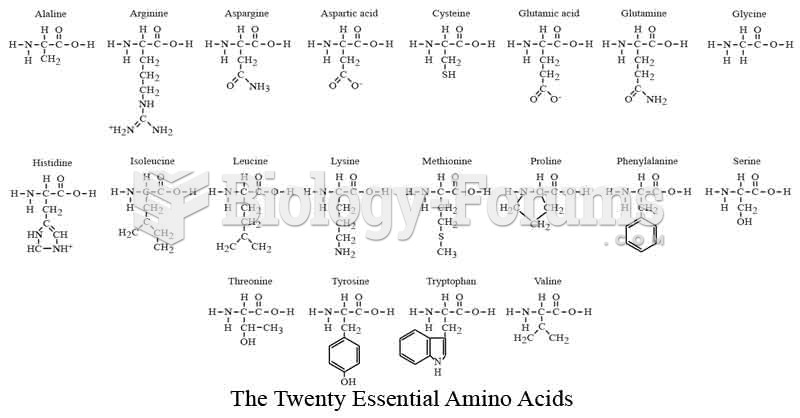Answer to Question 1
Essential hypertension (HTN), known by most simply as high blood pressure, is a chronic condition with no known organic cause that is characterized by systolic blood pressure (SBP) (the top number when blood pressure is reported) of 140 mm Hg or higher or diastolic blood pressure (DBP) (the bottom number when blood pressure is reported) of 90 mm Hg or higher. This condition is related to increased risk of myocardial infarction (MI), congestive heart failure, stroke, and peripheral vascular disease since it can result in structural changes in the blood vessels and heart.
Hypertensives are documented to have higher levels of circulating catecholamines suggesting overall higher sympathetic nervous system reactivity to stressors. In their meta-analytic review of behavioral stress and hypertension, Fredrikson and Matthews determined that individuals with HTN show exaggerated blood pressure responses to all stressors irrespective of their psychological elements. Thus, it appears that HTN individuals display hormonal changes and blood pressure changes indicative of exaggerated physiological reactions to stress.
Answer to Question 2
In systemic autoimmune disorders, the body's immune system mistakenly attacks its own cells and tissues. The immune system is dysregulated in that it fails to recognize self from other. Immune dysregulation is an under- or over-reaction of the immune system to exogenous or endogenous threats. In autoimmune disorders, the immune dysregulation is an example of an over-reaction against mistaken endogenous threats. Over-reactions of the immune system are believed to play a role in transplant tissue rejection and in well known autoimmune diseases such as lupus erythematosus and rheumatoid arthritis.







